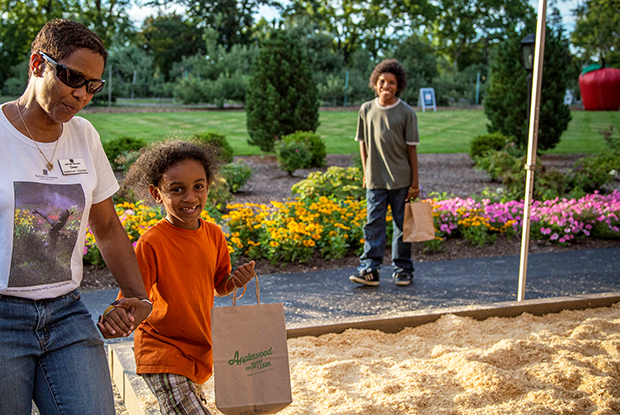
Feeling crunched for time? Try volunteering an hour or two outside of work — it may make a difference in how you feel.
According to a recent study by the Swiss National Science Foundation, professionals who volunteer in their spare time are more satisfied with their work-life balance compared to those who don’t volunteer. They’re also less likely to experience burnout or stress.
The reason may have something to do with the fact that volunteering can provide a greater feeling of control over one’s time. This, in turn, can lead to improved psychological, emotional and social well-being.
However, a disclaimer: This also may be one of those chicken-or-the-egg-type dilemmas.
“Our study cannot rule out the possibility that the relationship is due to the fact that healthy people are more likely to take up voluntary work in the first place,” said Romualdo Ramos, one of the study authors, in a statement.
This isn’t the first time research has supported the benefits of volunteering. A 2011 study found that people felt they had more time when they used their spare time to help others rather than on leisure for themselves (i.e., watching TV).
In one experiment, a group of college students was asked to spend the final 15 minutes of an hour-long lab session helping an at-risk high school student edit an essay. The rest of the participants were told they could leave early. When researchers surveyed each participant at the end of the session, they found that those who helped with the essay felt less time constrained than who received an equivalent amount of free time.
As the researchers surmised, helping others leads people to feel as though they can accomplish more within a given amount of time.
So the next time you need a minute, consider giving a minute. Locally, you might:
- Lead a tour of the heirloom apple orchard at Applewood Estate.
- Tutor a student or paint the walls at Whaley Children’s Center.
- Provide support at a fundraising event for the Old Newsboys of Flint.
- Staff a My Dreams Do Come True prom dress boutique.
- Install flooring in a home for Genesee County Habitat for Humanity.
- Walk dogs and socialize with cats at the Genesee County Humane Society.
